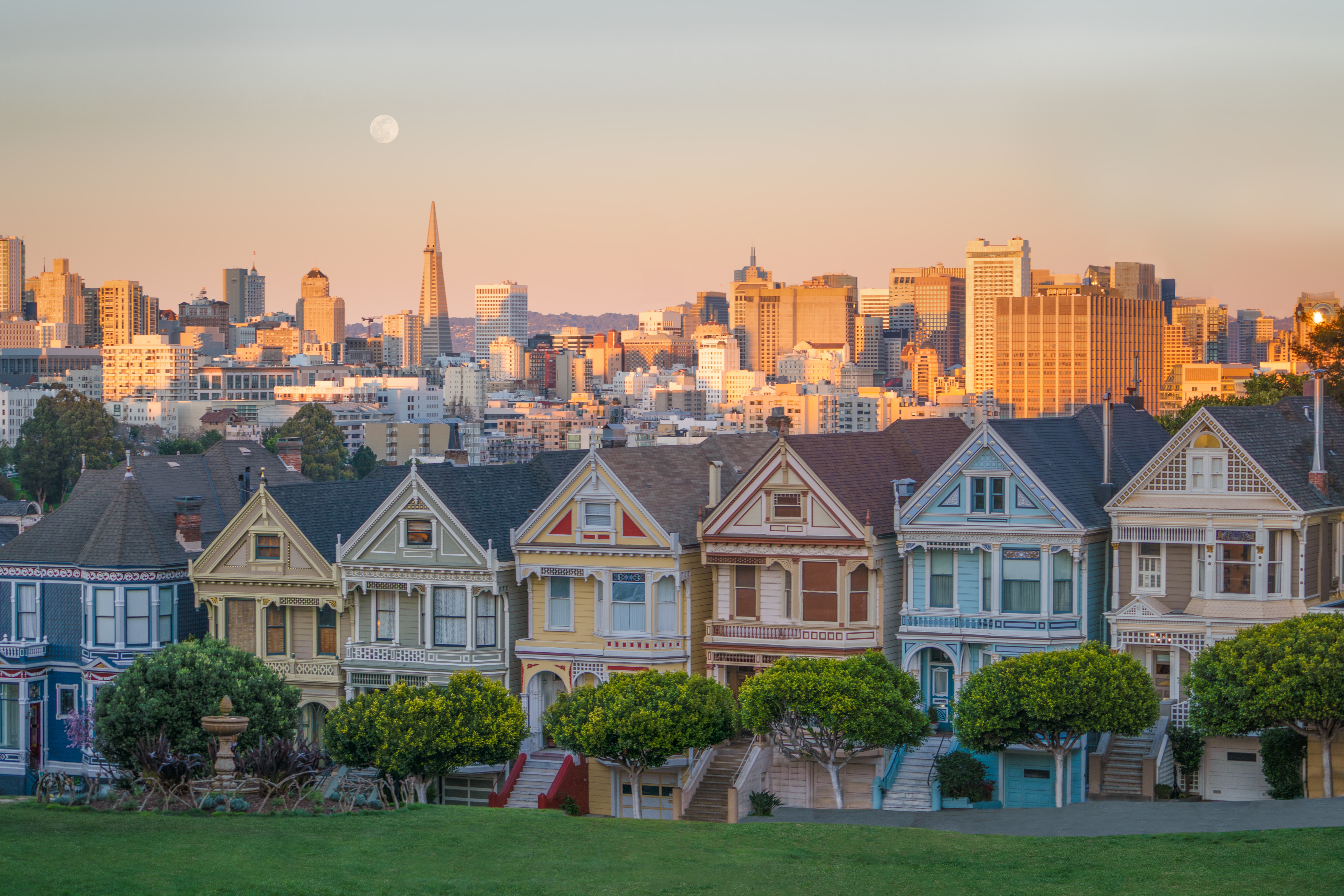Such Thing as the Perfect Place?
Dec 08, 2022
Shangri-La, as described by English author James Hilton in his 1933 novel Lost Horizon, is a beautiful valley located amidst majestic mountains and set apart from modern society. In this remote location, people live peacefully, enjoy a lifespan measured in centuries, and show scant signs of aging.
Doesn’t Shangri-La sound like the perfect place to live?

San Francisco is idyllic in a number of ways but in recent decades it has changed and not necessarily for the better (Photo by Joshua Sortino on Unsplash)
Such Thing as the Perfect Place?
Unfortunately, Shangri-La is fictional but so is the idea of finding the ‘perfect place’ to live. Even if discovering the perfect place was possible, it likely wouldn’t be perfect for long: places change and so do we.
In my 20s and into my early 30s, I lived in San Francisco, and I thought I found the perfect place for me. Temperate weather, interesting people, wide range of cultural offerings, easy access to outdoor amenities and much more. It is considered a world class city for good reason. However, San Francisco changed and, on the margin over the years, it has grown to be more expensive, less safe, and less politically diverse. Less perfect in my eyes.
At the same time, now in my 40s, what I look for in a place has changed, too. With a family, proximity to high quality schools matters. I prefer more living and outdoor space than most urban residences provide. I’m more conscious of the cost of living, including taxes. It’s a long list of ways in which my needs and preferences have shifted.
In effect, finding the perfect place is a vexing problem because it involves simultaneously solving for two variables: place and personal preference. And, importantly, both variables are subject to change. Much as areas change over decades, so do our needs and preferences. For the latter, we can’t possibly know how our needs and preferences will change decades down the road. There’s simply too much uncertainty.
Oh, by the way, this dynamic is made more challenging if we have a partner or spouse. Odds are that your collective preferences and needs do not match entirely. (Incidentally, there may also be no such thing as the perfect partner as Tish Harrison Warren points out her New York Times article, “I Married the Wrong Person, and I’m So Glad I Did”.)
 Finding the perfect place is challenged by needing to solve for two (dynamic) variables: place and personal preferences (Note: answer is x = 3 and y = -2)
Finding the perfect place is challenged by needing to solve for two (dynamic) variables: place and personal preferences (Note: answer is x = 3 and y = -2)
Aim for Better, Not Perfect
If finding the perfect place is a fool’s errand, it doesn’t mean that where you live doesn’t matter. In fact, it’s just the opposite: it is one of most important decisions for optimizing the odds of long, healthy, purposeful, socially connected, and financially secure life. Remember, DNA accounts for a small fraction of our longevity; lifestyle and environment are the key factors.
Therefore, we are best to aim for better, not perfect, when looking for the best to live.
Better can come in the form of improving your current place. Ideas to improve the physical elements of your home include painting, redecorating or rearranging furniture to create a stronger emotional connection, investing in energy efficient appliances or solar panels, or remodeling to create spaces that better fit your needs and those of guests among others. But it may also be valuable to find ways to improve your sense of purpose by finding new pursuits that give you meaning or reach out to friends in your area who you have lost touch with or pursue avenues to find new people with similar interests that can create new friendships.
In other cases, finding a materially better place for you to live may involve moving. A move doesn’t necessarily require leaving your area: perhaps a better place is simply “right-sizing” to home close to where you live. Significant relocations can be costly and challenging but the rewards may justify the risk. Transplanting to a new area can materially improve purpose, social connection, physical well-being, and financial well-being in addition to better aligning with your physical needs in a home.

Finding a better place may involve moving but it's a decision that impacts the entire household (Photo by Erda Estremera on Unsplash)
Finding Your Shangri-La for Your Current Life Chapter
The pursuit of finding your perfect place is noble but be realistic about what’s truly solvable in the end. I hate moving more than nearly anyone I know (and I’ve been given plenty of feedback from friends and family that I am awful at it) but a long life well-lived requires change small and large. Keep in mind that the average person moves over a dozen times in their life. If you feel like you are not in your perfect place (which should be true of the vast majority of us if we’re honest), take the necessary steps to live closer to your Shangri-La.
Take the Right Place, Right Time Assessment
Are you in the right place for right now? This quick assessment will reveal opportunities to improve your life.
Subscribe to The Blog
We hate SPAM. We will never sell your information, for any reason.

